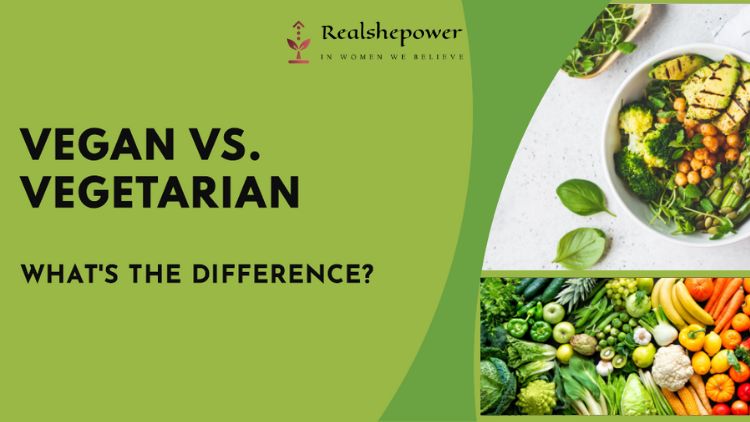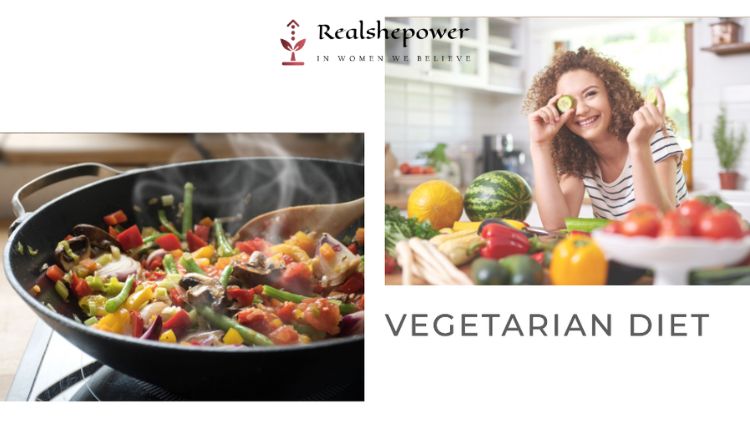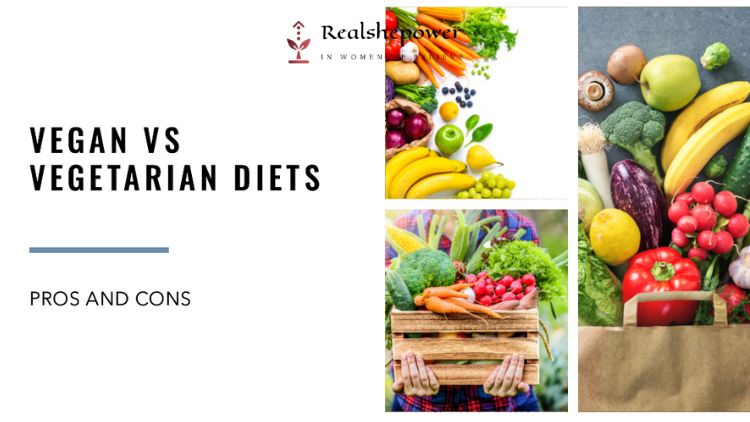Vegan vs. Vegetarian: What’s the Difference and Which One is Right for You?


With the growing popularity of plant-based diets, you’ve likely heard the terms “vegan” and “vegetarian” thrown around quite a bit lately. While the two diets share some similarities, there are also some key differences that set them apart. In this article, we’ll explore the Vegan vs. Vegetarian: What’s the Difference? and help you understand which one might be the right fit for you.
Table of Contents
Vegan vs. Vegetarian: What’s the Difference?
What is a Vegan Diet?
A vegan diet is a plant-based diet that excludes all animal products, including meat, dairy, eggs, honey, and any other foods that come from animals. Vegans often choose to follow this lifestyle for ethical or environmental reasons, as well as health benefits.
What Do Vegans Eat?
- Fruits and vegetables
- Whole grains
- Legumes (beans, peas, lentils)
- Nuts and seeds
- Plant-based milks (almond, soy, coconut, etc.)
- Tofu and other soy products
What is a Vegetarian Diet?

A vegetarian diet is also a plant-based diet, but it allows for the consumption of some animal products, such as dairy and eggs. There are several types of vegetarian diets, including:
- Lacto-ovo-vegetarian: This is the most common type of vegetarian diet, which includes dairy and eggs but no meat, poultry, or fish.
- Lacto-vegetarian: This diet includes dairy but no eggs, meat, poultry, or fish.
- Ovo-vegetarian: This diet includes eggs but no dairy, meat, poultry, or fish.
- Pescatarian: This is not technically a vegetarian diet, but rather a type of semi-vegetarian diet that includes fish but no meat or poultry.
What Do Vegetarians Eat?
- Fruits and vegetables
- Whole grains
- Legumes
- Nuts and seeds
- Dairy products (milk, cheese, yogurt, etc.)
- Eggs (depending on the type of vegetarian diet)
Pros and Cons of Vegan and Vegetarian Diets

Pros of Vegan Diet
- Reduced risk of chronic diseases: Vegan diets have been shown to lower the risk of heart disease, high blood pressure, and certain types of cancer.
- Environmental benefits: Animal agriculture is a major contributor to greenhouse gas emissions and deforestation, so adopting a vegan diet can help reduce your carbon footprint.
- Ethical concerns: Many people choose a vegan diet for ethical reasons, as it avoids contributing to the exploitation and mistreatment of animals.
Cons of Vegan Diet
- Nutrient deficiencies: Without careful planning, a vegan diet can lead to deficiencies in important nutrients like vitamin B12, iron, and calcium.
- Social challenges: Veganism can sometimes be difficult to navigate in social situations, especially when dining out or attending events where food is provided.
Pros of Vegetarian Diet
- Increased variety: Because vegetarians can still eat dairy and eggs, they have a wider range of food options available to them.
- Easier to follow: Compared to veganism, vegetarianism is often easier to follow and more socially acceptable.
- Nutrient benefits: Vegetarians may still reap many of the same health benefits as vegans, while also getting important nutrients like calcium and vitamin D from dairy products.
Cons of Vegetarian Diet
- Still contributes to animal exploitation: While vegetarians may not consume meat, they still consume dairy and eggs, which can contribute to animal exploitation in the food industry.
- Nutrient deficiencies: Like veganism, vegetarianism can also lead to nutrient deficiencies if not properly planned and balanced.
FAQS

Which diet is better for weight loss?
Both vegan and vegetarian diets can be effective for weight loss, as they emphasize whole, plant-based foods that are often lower in calories and fat than animal-based foods. However, it ultimately comes down to personal preference and individual needs. Some people may find it easier to lose weight on a vegan diet because it eliminates high-fat animal products, while others may prefer a vegetarian diet that includes dairy for added protein and nutrients.
Can you get enough protein on a vegan or vegetarian diet?
Yes, it is possible to get enough protein on both vegan and vegetarian diets. Plant-based sources of protein include beans, lentils, tofu, tempeh, nuts, and seeds. Vegetarians also have the option of getting protein from dairy and eggs. However, it is important to make sure you are getting enough protein and other important nutrients to meet your body’s needs.
Is it safe for children to follow a vegan or vegetarian diet?
Yes, it is possible for children to follow a vegan or vegetarian diet, but it is important to make sure they are getting enough nutrients for growth and development. Consult with a pediatrician or registered dietitian to ensure that your child is meeting their nutritional needs.
Conclusion
In summary, the Vegan vs. Vegetarian: What’s the Difference? comes down to the level of animal product consumption allowed. Vegans eliminate all animal products, while vegetarians may consume dairy and/or eggs. Both diets have their pros and cons, and it ultimately comes down to personal preference and individual needs. Regardless of which diet you choose, it is important to make sure you are getting enough nutrients to support your health and well-being. Consult with a registered dietitian to help you plan a balanced, plant-based diet that meets your needs and goals.
Read More
Why the World is Obsessed with Plant-Based Diets
10 Vegan celebs around the world
Top 5 health benefits of a vegetarian diet
